Master of Public Administration Ethics
What makes a person that represents many people a good leader are the ethical standards that guide them personally and professionally.
Luke 12:48: To whomever much is given, of him will much be required; and to whom much was entrusted, of him more will be asked. The other phrase that comes to mind is that: Power tends to corrupt, and absolute power corrupts absolutely. And finally: With great power comes great responsibility.
Research into these quote’s origin ranges from the Sir John Dalberg Acton, the Bible, Voltaire, Winston Churchill, and yes Spider Man’s Uncle Ben. It is our job to build the foundation so that as our students as they matriculate will learn the skills and obtain and use the knowledge that is factual, scholarly, intellectual, and fact based rather opinion based.
As a Public Administration student and a potential public service leader, how you comport yourself in public service is of the utmost importance in this field. Why? Ethics provide accountability between the public and the people that serve the public. Adhering to a code of ethics ensures that the public receives what it needs in a fair manner and the people who serve the public keep the needs of the public above their own personal needs.. It also a guide to ensure we know the difference between ethical and unethical behavior and it brings integrity into how we operate, the decisions we make and the actions we take when we act in the interest of the public or greater good. This integrity (the guide of how we conduct and comport ourselves fosters trust from the people we represent and serve.
Additionally, our code of ethics creates standards of professionalism that the public sector can expect from their leaders. In our MPA Program, we believe that a strong code of ethics in public administration is the guideline leaders and professionals must follow in order to carry out their tasks and inspire their employees and committees, and to enforce laws in a professional and equitable manner. Good ethics in public administration promotes timely and informative communication with the need the information to the key people that need to act on the information and to the community that may benefit or need to act on the decisions or actions taken. This kind of transparency builds trust and prevents or minimizes the potential issues that can arise when individual information is mixed with serving the community. The questions that arise is whose issues are being fought for? The individual or the community? Who benefits the most? The individual or the Community?
In the MPA Program we want our students to follow principle rooted in public service and based on established government ethical rules of conduct:
Misuse of Position and Resources
A student or graduate assistant may not use their official position, including but not limited to information learned by virtue of his position, for his personal benefit or for the benefit of others.
Misuse of Position
A student or graduate assistant may not use their position for their own personal private gain. A student or graduate assistant's position or title should not be used to coerce; to endorse actions to give the appearance of a departments or student body sanction.
